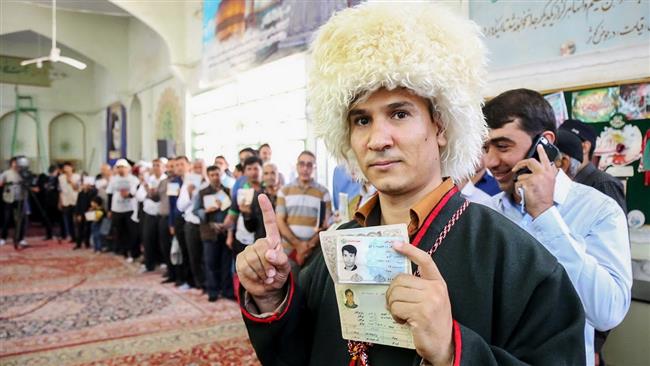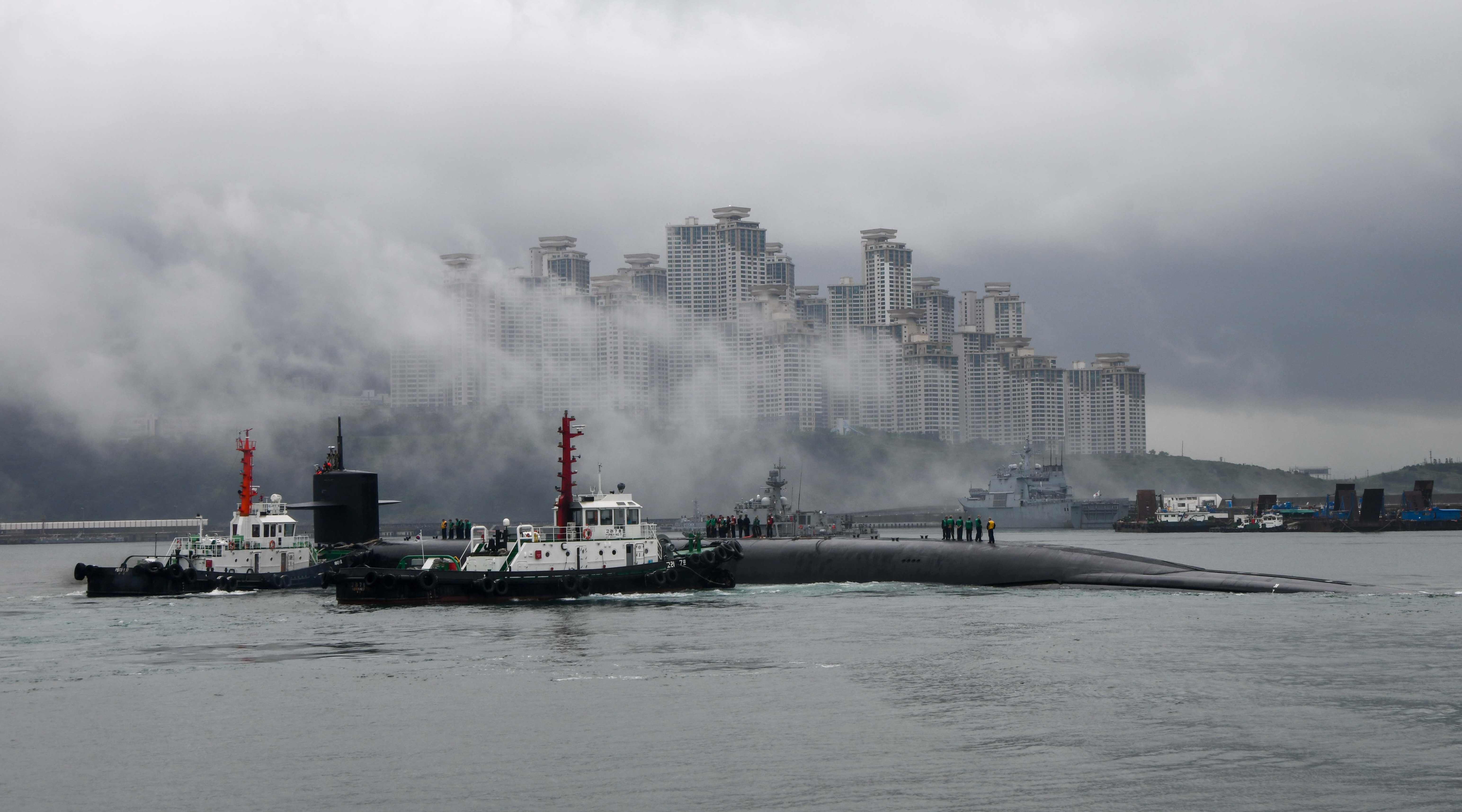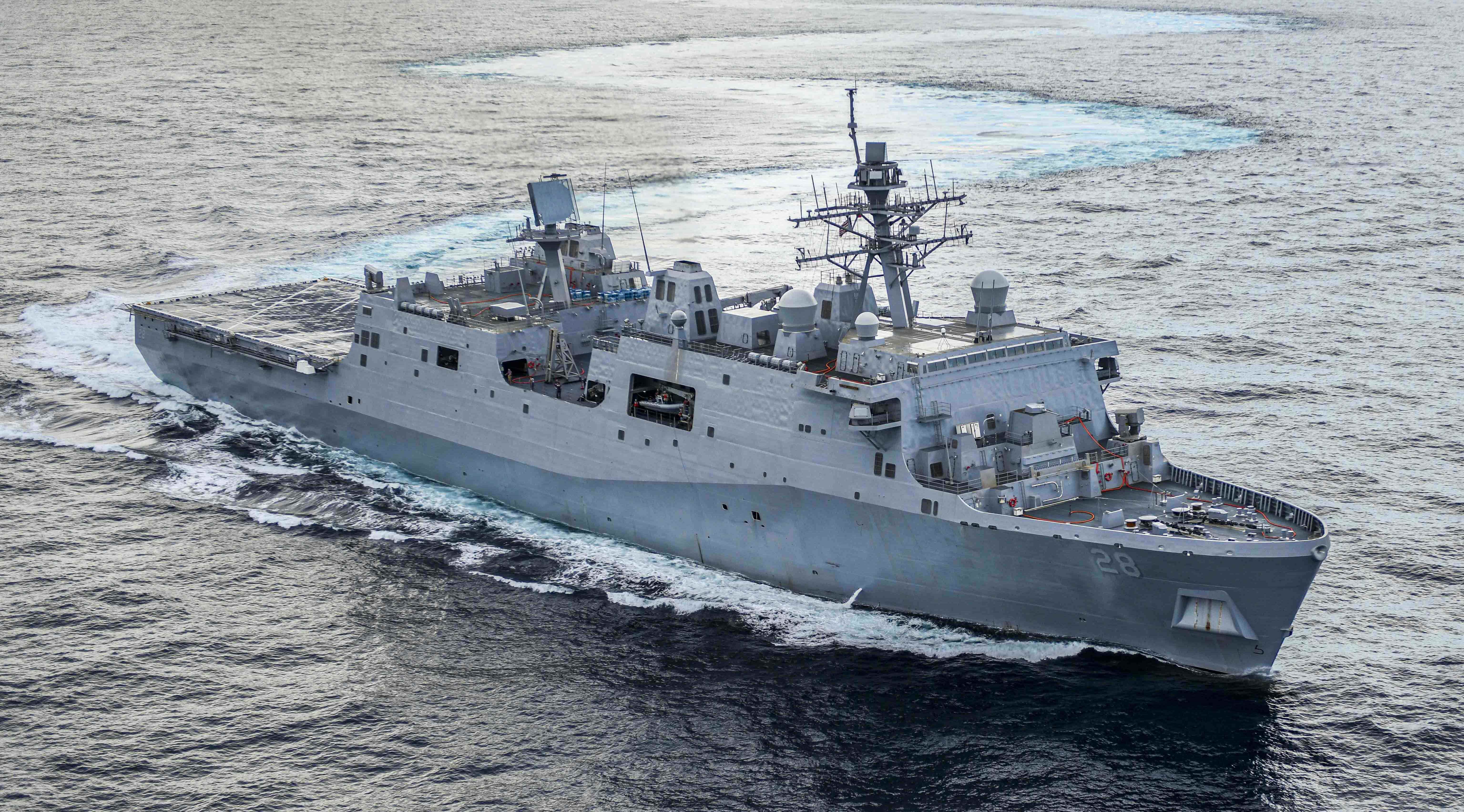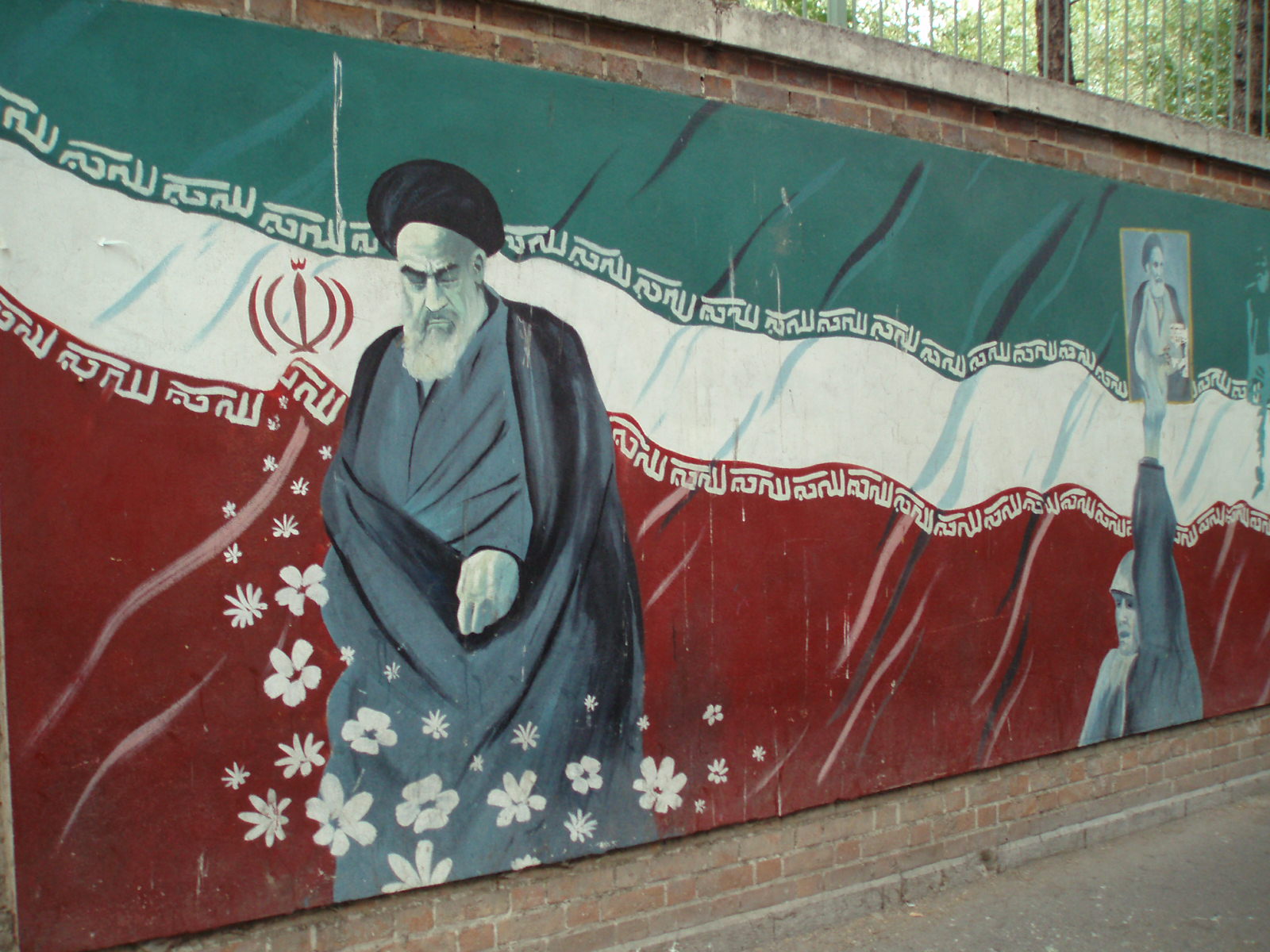
On Friday, many of the 56 million eligible voters in Iran will cast their votes a tight contest between the current reformist president Hassan Rouhani, and the conservative candidate Ebrahim Raisi. The Supreme Leader Ali Khamenei cast his ballot early Friday morning and encouraged all eligible voters to head to the polls. Khamenei said that “the country’s fate is determined by the people.” Al Jazeera, and other international news sources are reporting long lines at the polls. Voting is scheduled to end this evening, and the results are normally computed within 24 hours.
President Donald Trump’s visit to Saudi Arabia and Israel this weekend is coincident with presidential elections in Iran. The tight contest for Iran’s next president has largely centered on the subject of the Joint Comprehensive Plan of Action (JCPOA), and related lifting of sanctions against large sectors of the Iranian economy. In late April, Secretary of State Rex Tillerson acknowledged that Iran was in compliance with the agreement. This news assured, at least for the short term, that U.S. would continue to abide by the agreement that was brokered by the Obama administration.
A parallel to the U.S. political map is found in the divisions within the Iranian electorate over the issue of the nuclear agreement. Those Iranians for, and those opposed to the deal, are divided between reformists and conservatives. Many conservative militarists in Iran, including those with allegiance to the Islamic Revolutionary Guard Corps (IRGC), are strongly opposed to the nuclear deal. They resent that Iran is not allowed to pursue nuclear technology and consider the foreign interference in Iranian defense matters humiliating. Many from this segment have openly opposed the deal, and like many on the American right, they would like to see it torn up. Their motives for shredding the deal, however, are diametrically different than those critical of the deal in the U.S. The Iranian opposition to the deal wish to restart full nuclear development in Iran.
Many Iran watchers believe the future of the JCPOA hinges on the outcome of this election. The conservative candidate Raisi recently softened his tone and said that he would comply with the deal if elected. He has blamed Rouhani for the slow recovery of the Iranian economy following the lifting of sanctions. He says this is the fault of Rouhani permitting too many foreign businesses to take advantage of the lifting of sanctions. Playing to Iran’s historic cultural sensitivity to foreign exploitation of Iran’s vast resources, and political meddling, Raisi is claiming he will not give jobs to foreign companies when so many Iranian citizens are unemployed.
Rouhani won the 2012 Presidential election by a landslide; however, he faces a much tighter contest in this election. Many of Rouhani’s supporters have been frustrated by the slow improvement in the quality of life, and social infrastructure that was anticipated with the lifting of sanctions. Rouhani has asked his supporters to be patient and he points to the increased freedom of speech, international involvement, and more freedom to travel for Iranians. The election of Rouhani will assure strong support for the JCPOA for the next four years.
The results of Iran’s Presidential election may determine the future of the JCPOA. A win by the conservative Raisi will give leverage to those in Iran that are opposed to the deal. The economy and jobs are the central motivation for voters in this election. That same economic pressure is also a key reason that despite the rhetoric, the Iranian leaders are likely to continue to comply with the agreement. Any violation of the terms of the JCPOA would all but assure the “snap back” of the economic sanctions that have been eased since the nuclear deal was approved. The return of sanctions could derail Iran’s arguably fragile economic recovery, and likely create civil unrest.




